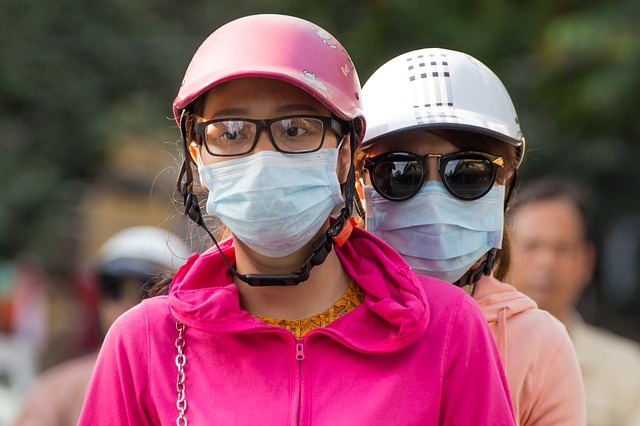China on Tuesday called for international cooperation to combat the public health crisis from the novel coronavirus (2019-nCoV).
Chinese Foreign Ministry Spokeswoman Hua Chunying made the remarks at a press briefing online when asked to comment on the 146th session of the World Health Organization (WHO) Executive Board that kicked off Monday, when WHO Director-General Tedros Adhanom Ghebreyesus once again called on all countries to implement decisions that are evidence-based and consistent, Xinhua reported.
WHO has made recommendations that there is no reason for measures that unnecessarily interfere with international travel and trade. Tedros also said that the world should combat the spread of rumors and misinformation.

Facts vs Fear: The growing concerns in the country
Hua quoted Tedros as saying this is the time for facts, not fear. The virus is horrible, but rumors and panic are worse.
Therefore, the WHO has been calling on all countries to implement decisions that are evidence-based and consistent."
"The fact is that since the onset of the outbreak, China has taken unprecedented strict prevention and control measures, many of which far exceed WHO recommendations and International Health Regulations requirements," Hua said.
According to a WHO report released Monday, there are altogether 153 confirmed cases of the novel coronavirus outside China, which is less than 1 percent of the number in China. In contrast, in 2009, the H1N1 flu from the United States spread to 214 regions and countries.
"Thanks to China's efforts, we have effectively contained the cross-border spread of the virus. The WHO applauded China as saying it is setting a new standard for outbreak response," Hua said.
She noted that according to media reports, the A/H1N1 swine flu in 2009 caused over 1.63 million infection cases, 284,500 deaths, with a mortality rate of 17.4 percent. The mortality rate of MERS in 2012 was 34.4 percent and Ebola 40.4 percent.
The mortality rate of the 2019-nCoV
With the unrelenting efforts of China, the 2019-nCoV mortality rate in China is about 2.1 percent, much lower than the figures above, she said.
"Cured cases began to outnumber deaths on Saturday. As of the end of Monday, a total of 632 patients had been cured and discharged. We have the confidence and the capability to win this battle," Hua said.
Noting the major purpose of the WHO declaring the 2019-nCoV a public health emergency of international concern is to help countries that have weaker health systems and are ill-prepared to get necessary international assistance, Hua said WHO does not approve of and even reject travel and trade bans against China.
"However, it was precisely some developed countries with sound health systems and advanced public health capabilities that imposed excessive restrictions on China, clearly running counter to WHO advises," Hua noted.
"The virus knows no borders. The epidemic is temporary, but cooperation lasts. Faced with the public health crisis, countries should work together to tide over the difficulties. It serves the common interests of all," Hua stressed.









